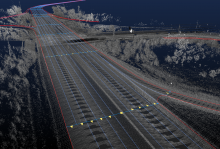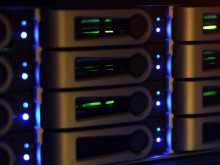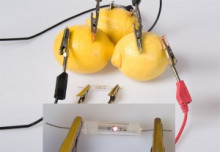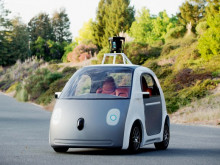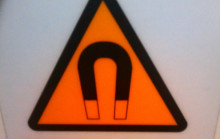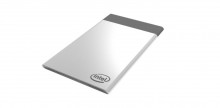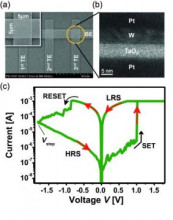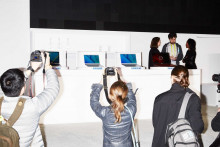The most detailed maps of the world will be for cars, not humans
The weight of the automotive and tech industries is fully behind the move toward self-driving cars. Cars with "limited autonomy"—i.e., the ability to drive themselves under certain conditions (level 3) or within certain geofenced locations (level 4)—should be on our roads within the next five years.














































